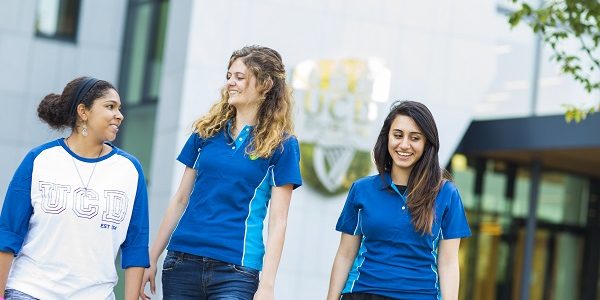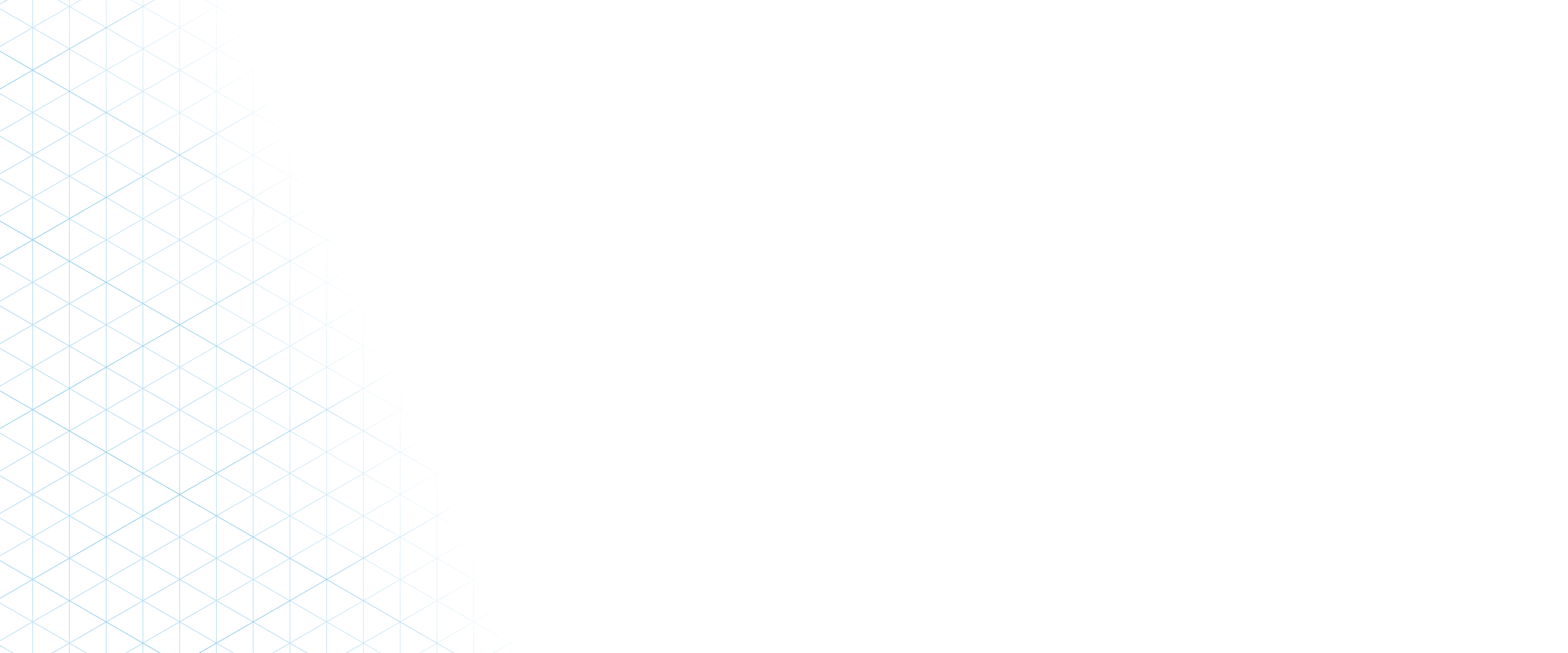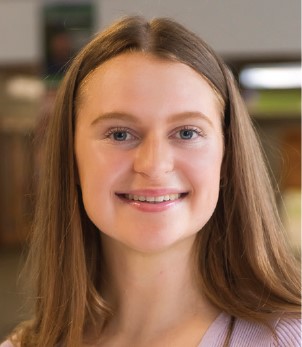Modern Languages
BA (Hons) (NFQ Level 8)

Course Video
Curricular information is subject to change.
Open AllModern Languages combines advanced language skills with the literature, history and culture of the countries where these languages are spoken. It also focuses on developing critical faculties and cross-cultural awareness.
This degree is for those of you who want to concentrate on at least two modern foreign languages, explore the connections between them, spend a year abroad and graduate with a BA International degree.
You can study French, German, Italian, Portuguese or Spanish at an advanced level (post-Leaving Certificate or equivalent), and you can take Italian, Portuguese, Spanish and German as a beginner. At least one language should be studied at an advanced level. One interdisciplinary core module at each stage allows students to make connections between the languages and cultures they are studying.
Much of our teaching is in small groups, where you will expand your communication skills and develop as an independent learner. A central element of the degree the built-in year abroad, where you have the unique opportunity to become immersed in another culture.
First Year
Modules in two languages, at least one language should be studied at an advanced level (post Leaving Certificate equivalent).
- Choice of modules in literature, history and cultural studies or linguistics
- Introductory core module – Languages, Nations, Cultures
- An optional third language.
Second Year
- Two main languages
- Core Module on the European project
- Choice of modules in literature, history and cultural studies or subject specific linguistics
- An optional third language
Year Three
All students spend a year abroad in one country from their chosen language. You will study linguistic, literary, historical and/or cultural courses at the host institution and continue your study of your chosen second language.
Fourth Year
- Core module on “Adaptations”
- Continuation of the languages chosen in second year
- Option modules as above
Students spend approximately 15 hours a week attending language classes, lectures and tutorials and 25 hours a week undertaking independent study. Assessment is through a combination of end-of-trimester written and oral examinations, and continuous assessments.
Studying abroad is an essential element of this degree. Students are guaranteed an Erasmus exchange place at one of our more than 40 partner universities in
- Germany
- Austria
- France
- Belgium
- Switzerland
- Canada
- Italy
- Spain
- Latin America
- Portugal
Your excellent knowledge of languages and strong communication, intercultural and analytical skills will open careers across a wide spectrum of industries, including: Translation and Interpreting, Politics and Public Service, Journalism, Education, Finance, Marketing and Business, Creative and Media Industries.
Key Fact: Did you know that careers in EU institutions require competence in at least three EU languages, making modern languages graduates strong contenders for many exciting career opportunities in Europe.
When you graduate, you will be well qualified to pursue a a range of courses at MA and PhD level, including the UCD taught Master of Modern Languages & Linguistics. You will also be eligible for conversion courses in translation, International Relations and International Business.
“This degree allowed me to pursue my passion for languages in an unparalleled atmosphere. The breadth of models has broadened my horizons, strengthened my skill set, and assisted me greatly in developing fluency in both Italian and French. The elective modules facilitate the opportunity to discover other areas of interest; I explored new realms of economics, education, and Spanish. Paired with the Erasmus year, this allowed me to flourish both personally and academically. The lectures and tutorials are interactive spaces that inspire discussion and where the passion and expertise of the lecturers and tutors shine through. This course will help develop your flair for languages at a time when they are in high demand. Languages at UCD open pathways to limitless opportunities.”
Claudine McGovern, Student
UCD School of Languages, Cultures and Linguistics
Newman,
Belfield,
Dublin 4
Tel: +353 1 716 8302
Email: slcl@ucd.ie


